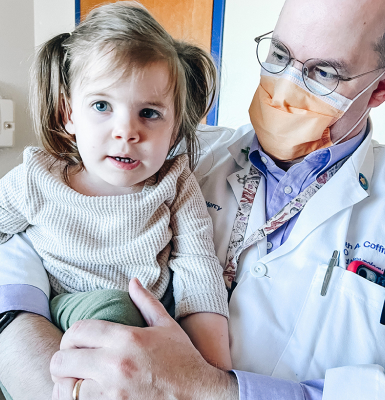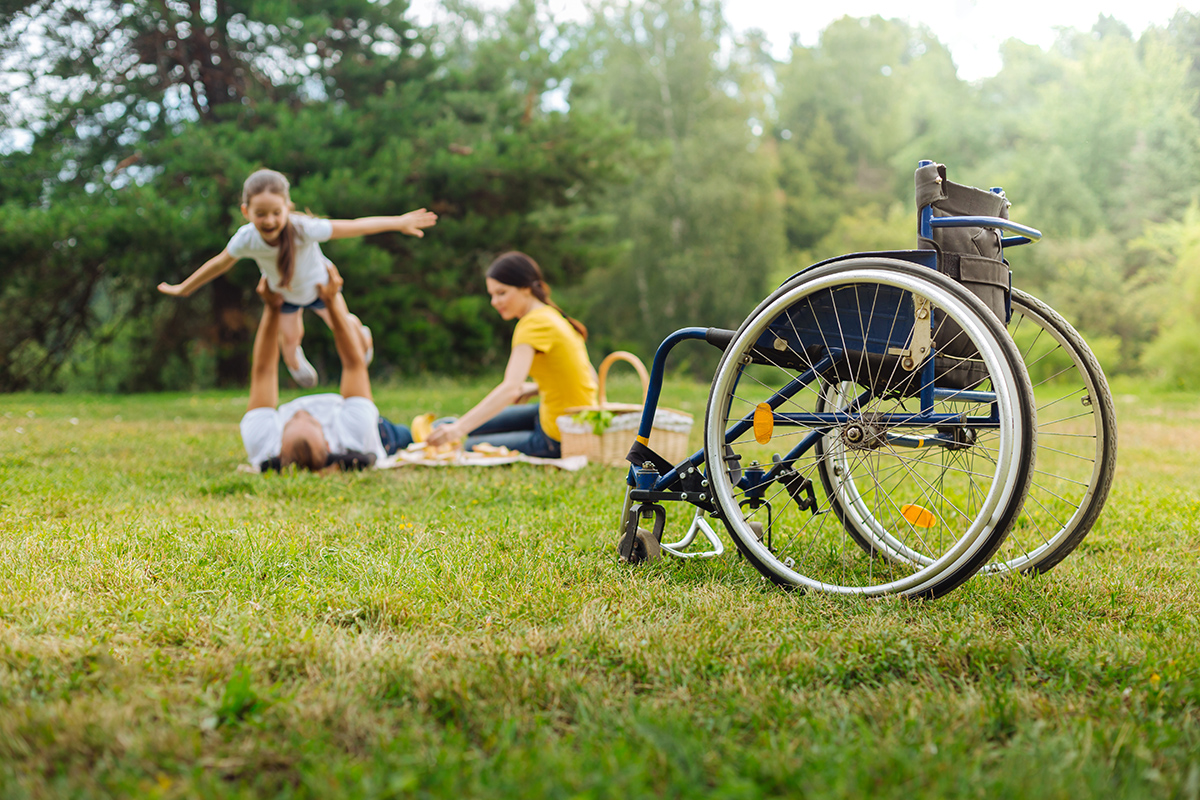The AHCF actively supports the open exchange of clinical data and biomaterials to the widest possible research community. We work to support new and innovative research that may encourage more investigators to work on AHC. The foundation continues to help facilitate a better understanding of AHC and help find treatments and, eventually, a cure for this impairing disorder.
Existing Resources
-
Rare-X: is a collaborative platform for global data sharing and analysis to accelerate treatments for rare diseases.
-
Harvard – Massachusetts General Hospital/Harvard hosts the AHCF Clinical Research Registry with Dr. Nutan Sharma as the principal investigator and the AHCF Biorepository (at the Neurogenetics Program and the Center for Genomic Medicine) under the direction of Dr. Laurie Ozelius.
-
Duke – Administered by Dr. Mikati and populated by patients of the AHC clinic, this database is not readily accessible to researchers outside the IAHCRC or patients.
-
IAHCRC International Consortium for the Research on Alternating Hemiplegia of Childhood (AHC)
Definitions
A biobank is a large collection of biological or medical data and tissue samples amassed for research purposes. Biobanks will typically:
- collect and store biological materials.
- not be static “projects,” as biological materials and data are generally collected on a continuous or long-term basis
- be associated with current (defined) or future (not yet specified) research projects at the time of biospecimen collection
- apply encoding or be anonymous to ensure donor privacy, though under certain circumstances, will allow the participants to remain identifiable in order to provide clinically relevant information back to the donor
- include established governance structures (e.g., ethics review committees) and procedures (e.g., consent) that serve to protect donors’ rights and stakeholder interests.
A Patient Registry is an organized system that uses observational study methods to collect uniform data (clinical and other) to evaluate specified outcomes for a population defined by a particular disease, condition, or exposure and that serves a predetermined scientific, clinical, or policy purpose(s).
Natural History Studies track the course of disease over time, identifying demographic, genetic, environmental, and other variables that correlate with its development and outcomes in the absence of treatment. A thorough understanding of a disease’s natural history is the foundation upon which a clinical development program for drugs, biologics, medical foods, or medical devices is built. Types of Natural History Studies include:
Retrospective Study: data have already been generated prior to study initiation. Retrospective studies are most commonly reviews of medical records, such as patient charts.
Prospective Study: data are generated after study initiation. Prospective studies allow the implementation of a predefined and consistent data collection, up-to-date medical terminology and standard of care, and the flexibility to collect additional data as the study evolves.
Survey Study: collects and analyzes natural history data through questionnaires answered by patients, primary caregivers, and/or others. Survey studies typically do not involve clinical visits and provide a quick overview of the disease population.
Global Unique Identifier (GUID): The GUID is an identifying code that is designed to track patients’ data in a de-identified manner to protect the confidentiality of research subjects.
REDCap is a secure web application for building and managing online surveys and databases. While REDCap can be used to collect virtually any type of data, it is specifically geared to support online or offline data capture for research studies and operations. The REDCap Consortium, a vast support network of collaborators, is composed of thousands of active institutional partners in over one hundred countries who utilize and support REDCap in various ways.




